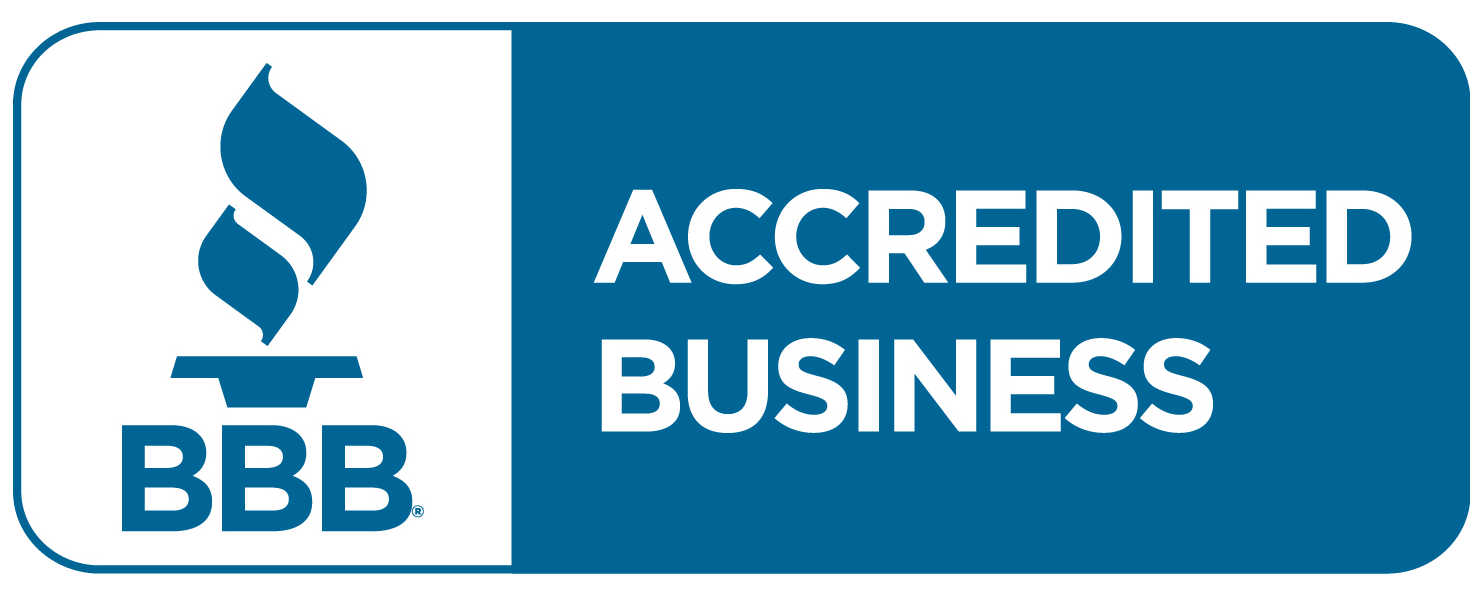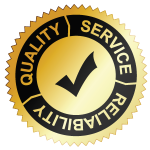- Dubious Information Sources
Most “hot tub shopping advice” articles are nothing more than a sales pitch “advising” the reader to buy their particular product, focusing on their specific brand name’s strengths and special features.
Genuinely unbiased articles on the subject are most often composed by writers who only possess academic knowledge on the subject. They are usually written by people who have done some research but it’s not really their field of expertise. Since they aren’t actually in the hot tub business, the information tends to be ambiguous, dispassionate and often quite inaccurate.
I’m always alarmed at the misinformation out there whenever I google “best hot tub” or “hot tub buying tips”. I know for sure that in some cases what appears to be an objective website is actually owned and run by a particular brand.
Tips:
– When a website is promoting a particular brand, ask yourself if it could be that the writer may have some vested interest in doing so. Why would they be investing their precious time and effort into composing an article that seems biased toward a certain brand?
– Consider the writer’s credentials. Are they really experienced experts when it comes to hot tubs? Are they really qualified to give good advice on the topic?
- Ratings And Reviews Can Be Bogus
I know a competitor who pays for good reviews – he outright told me so. Apparently you can hire someone to post multiple review over a period of time under different names. Also, I know a veterinarian who pays a lawyer to track down people who wrote bad reviews and threatens them with legal action which she says always works.
Then there’s the fact that angry reviewers have no accountability, and are free to post huge exaggerations and even outright lies in order to bully the business into complying with unreasonable demands or to punish them for not meeting their unrealistic expectations. I’ve had that done to me and it really hurts.
The internet is still very much the wild west in some ways.
Hot tub ratings can be extremely untrustworthy because unlike the car industry, there’s no dedicated trusted professionals making official reports. Reviews are mostly a hodgepodge of randomly submitted emotionally-based opinions.
It’s worth noting that most negative reviews have little to do with the quality and performance of the product. Rather, they are usually complaints about customer service or a problem with the staff. Hot Tubs Galore had a bad run in 2018 because we hired an office manager to handle clients and they did a bad job and ticked off some of our clients. In the end we were able to resolve things with everyone, but the negative reviews still remain in some cases, and we have very little recourse as vendors once something is posted online.
Tips:
– Keep in mind that no matter how good they may be, every business in the world has disgruntled clients. Maybe they dropped the ball on something or maybe it’s simply because a certain percentage of the population is psycho. So don’t be thrown off by a few bad review if otherwise the company is an established trusted business
– Look for an ongoing theme in the bad reviews. If the complaints are varied and random then chalk it up to the fact that occasional bad reviews are simply a statistical reality for all businesses. But if one problem keeps getting mentioned over and over (e.g., missed deadlines, rude staff, lies, etc.) then this might be the company’s Achille’s heel (weak point) and it’s likely to keep happening unless the company makes a real effort to change.
– Ask yourself if the highlighted transgression is significant enough for you to consider not doing business with them, or merely embarrassing for the vendor.
– Keep in mind the timeframe between the purchase date and the review. If it was posted shortly after receiving the hot tub, it’s being written in the honeymoon stage, and the review was likely solicited by the vendor.
– Consider the tone, attitude and maturity level of the reviewer. Is it a dogmatic angry rant based on emotion (likely not accurate or fair), or is it a rational explanation of why they felt a bad review was in order?
– Consider the nature of the complaint – Might this have been more of a misunderstanding than an actual violation? Was it due to poor management, a case of human error, a glitch in the system or something more sinister (illegal, unethical or dishonest)?
– Ask yourself if the bad rating was in fair proportion to the perceived injustice (a one star because the receptionist didn’t get back to them soon enough?)
– What was the business owner’s response? Did they take responsibility and apologize and offer resolution when appropriate? Did the response help give some context to the situation? Can you see the vendor’s perspective?
– Ask yourself if the review is for sure legitimate – could it be that that bad review might have been posted by a vindictive competitor or angry ex-girlfriend or some random troll, and not a real client?
- Salespeople Don’t Usually Lie, But…
A couple years ago while out of town, I went into a few hot tub stores to see what they were selling and how they were selling them.
A salesman from one of the top three manufacturers beamed with enthusiasm and spoke with great conviction about the advantages of their hot tubs over “the other guys”. As he spoke, he made claims about their spas and made accusations against other brand names that I knew to be totally inaccurate and it made me feel indignant.
But as he went on with his presentation, it slowly occurred to me that he wasn’t trying to deceive me – he simply didn’t know any better! After all, he was not really in the hot tub business – he was in the sales business, and just happened to be applying his skills to hot tubs.
He wasn’t well-informed enough to compare his store’s brand name with the other brand names out there. In fact, he didn’t even know very much about his own company’s jets, plumbing, insulation, materials, manufacturing techniques and performance, never mind the “other guys”. All he knew was based on what his store had trained him to say.
He was a genuinely nice guy, just doing his job. Based on what he knew, he was sincerely convinced that his store had the very best hot tub and best deal in town. I wish him all the best.
I know that sounds kind of patronizing, but it feels better to smugly pat someone’s head than to spitefully paddle their backside.
Tips:
– Don’t suspect that all salesmen are out to trick you or manipulate you. Nowadays business owners don’t want the sleazy salesman type representing their product, so chances are the salesperson is actually nice and genuinely believes what they’re saying.
– Ask them what makes their brand different and better than the others
– Test their knowledge by asking what spa pack they use, what pumps they use, what jets they use, what brand of acrylic they use for their shells. Ask about the chemical bond between the acrylic and fiberglass. Ask if they use plastic or ceramic seals, normal or titanium coated elements – stuff like that. But don’t be an ass about it or make them feel stupid – just ask enough to test their knowledge level.
– Ask if they can still get parts for their earliest models.
– Ask something obscure like “Do your plastics have antibacterial properties?” If they say they don’t know about the plastics but that the Microban shells do have antibacterial qualities, then bingo, they know their stuff. Otherwise, see if they BS you or if they admit they don’t know but will get back to you, then do. Again, be nice. And please don’t tell them that I told you to ask that – I don’t want to make any enemies in this business.
– Don’t rely solely on the salesperson for information, as they may not be experts on anything other than how to promote their product. Do further research to verify their claims.
4. Good Marketing Versus Good Value
The ability to build a good product and the ability to advertise effectively are two different skill sets. Just because a manufacturer does an excellent job promoting their brand name doesn’t necessarily mean that their product is superior. I know some great manufacturers that do a terrible job marketing their spas, and vice versa. A well-known brand name doesn’t necessarily mean it’s a good brand name.
Consumers are naturally drawn to well-known businesses that put out full-page ads and have cutting-edge interactive websites, nice-looking facilities in high-traffic areas and hire physically attractive staff and professionally trained salespeople. That’s why hot tub stores do all that stuff. But although good exposure and effective promotion always increase sales, they don’t always accurately reflect the actual quality of the tub brand being promoted.
The best built hot tub I know was made by Custom Plastics in the early 2000’s. They were a world class company that fabricated for Disneyland, Universal Studios and were even commissioned projects for aerospace applications. They put an incredible amount of research and engineering into their product, but they marketed them poorly and failed miserably as a hot tub manufacturer.
A wise shopper judges a business by their product quality, their value and their track record for integrity, not their marketing, presentation or aesthetics.
Tips:
– Study their website, Facebook page, glossy brochures and such with a critical, analytical eye. Is it more seductive than informative? Does it give good reasons as to why they are a good choice, or is it just a well-put together work of art, chock full of attractive images and feel-good phrases?
– Of course good marketing skills doesn’t equals a poor product, but when it comes to making a major investment, I suggest you try see beyond aesthetic presentation and look for substantial, practical information to help you understand what makes their hot tub a good one.
- The “Us Versus Them” Game
There is a significant difference between good and bad brand names. But amongst similar quality brand names, the rivalry is usually over issues that have more to do with marketing and personal preference than true merit. Usually the benefits of one over the other are not nearly as important as they make them out to be.
Tip:
– If the different manufacturers you are considering are similar in quality, don’t let these little technical details stress you out and confuse you or distract you from the more important issues.
- Now Go For It!
There’s a dizzying amount of options to consider, but in the end, you’re going to have to choose the one that’s best for you. The sooner you stop stressing about it and just make your decision, the sooner you’ll be able to enjoy your new hot tub!
Recently a client told me “We actually spent more time and energy choosing a hot tub than we did choosing our house!” He had first met with me two years earlier, and analysis paralysis kept him from making a choice for all that time! And by this time, prices had gone up considerably, and he wished he’d bought one sooner.
Tips:
– Ask yourself, “Have I already done an appropriate amount of research, and is it just fear that’s keeping me from making a final decision?
– Ask yourself, “Is this a good model for my particular needs, tastes, priorities and budget? Do I really like this tub and do I trust the vendor?”
– If yes, then just go ahead and make your decision with confidence and don’t look back or let yourself have second thoughts. It’s time to jump in with both feet and get the ball rolling on the order! Yippee!






